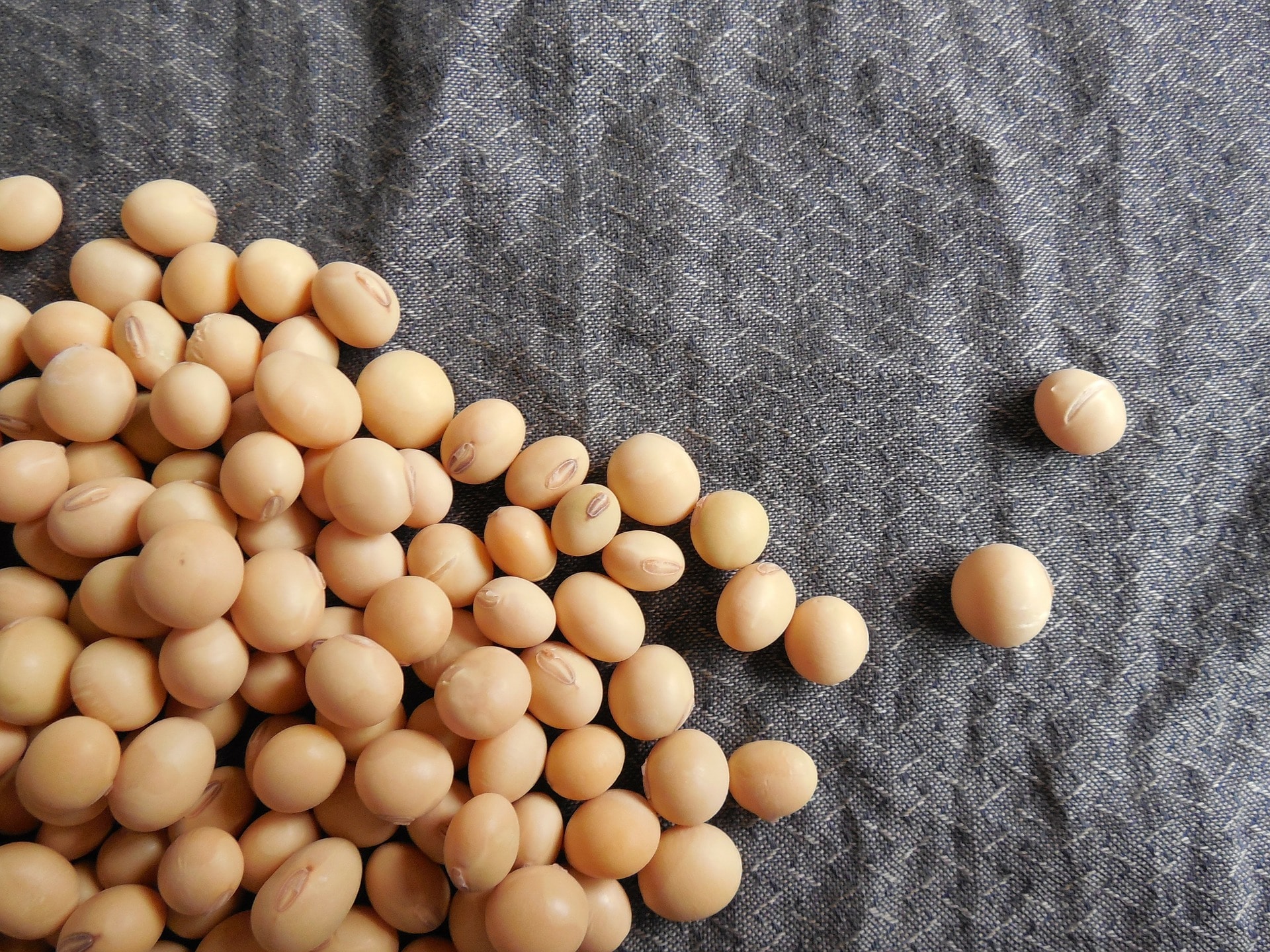Citizen science projects are being funded in the UK, with 6 projects set to tackle issues on food safety.
The Food Safety Agency (FSA) and UK Research and innovation (UKRI) have awarded £200,000 to each of the projects which should last between six and nine months. This research will incorporate citizen science, where the public will be involved in collecting and analyzing data as well as guiding the questions to be asked.
They will explore important food safety issues such as:
- antimicrobial resistance (AMR)
- food hypersensitivity
- food hygiene in the home.
The 6 projects include:
- Citizen science and antimicrobial resistance: Dr Sarah West, University of York
- An evaluation of antimicrobial resistant bacteria associated with home-grown produce, using citizen science to collect and analyze data
- Engaging food hypersensitive communities in citizen science: Prof Julie Barnett, University of Bath
- Exploration into dining out for people with food hypersensitivities and the implications for relevant industry, policy, and practitioner stakeholders
- Exploring the chopping board microbiome: Dr Alan Goddard, Aston University
- Engagement of underrepresented communities in the West Midlands to investigate levels of foodborne bacteria in the home
- Finding the right formula, establishing the feasibility of doing science in the home to assess the safety of Powdered Infant Formula preparation: Dr Aimee Grant, Swansea University
- Community science projects between parents and researchers to test the safety of Powdered Infant Formula prepared at home
- Food allergy awareness champions: Towards improving food safety standards in online food procurement for people with food hypersensitivity: Dr Tassos Koidis, Institute for Global Food Security, Queen’s University Belfast
- Evaluation of the safety, efficiency, practices, and behaviours of people with food hypersensitivities when buying food online
- Using citizen science to explore plant breeding and investigate food-chain transparency for novel breeding methods: Dr Gulbanu Kaptan, University of Leeds
- A pilot project which aims to improve participants’ knowledge of the use of new tech and gene editing in the food-chain.
- Participants will aid in the design and data collection stages of the research and then follow through with interactive training and discussions to improve their knowledge of plant breeding and novel methods
By engaging in citizen science research, these projects can better direct their goals based on the information of lived experiences.
Who We Are:
Swanson Reed is one of the UK’s leading R&D Tax Relief consultancies. We manage all facets of the SR&ED tax credit program, from claim preparation and audit compliance to claim disputes.
If you would like to find out more about how your business could benefit from R&D Tax Credit, contact a Swanson Reed R&D Tax Advisor today.






